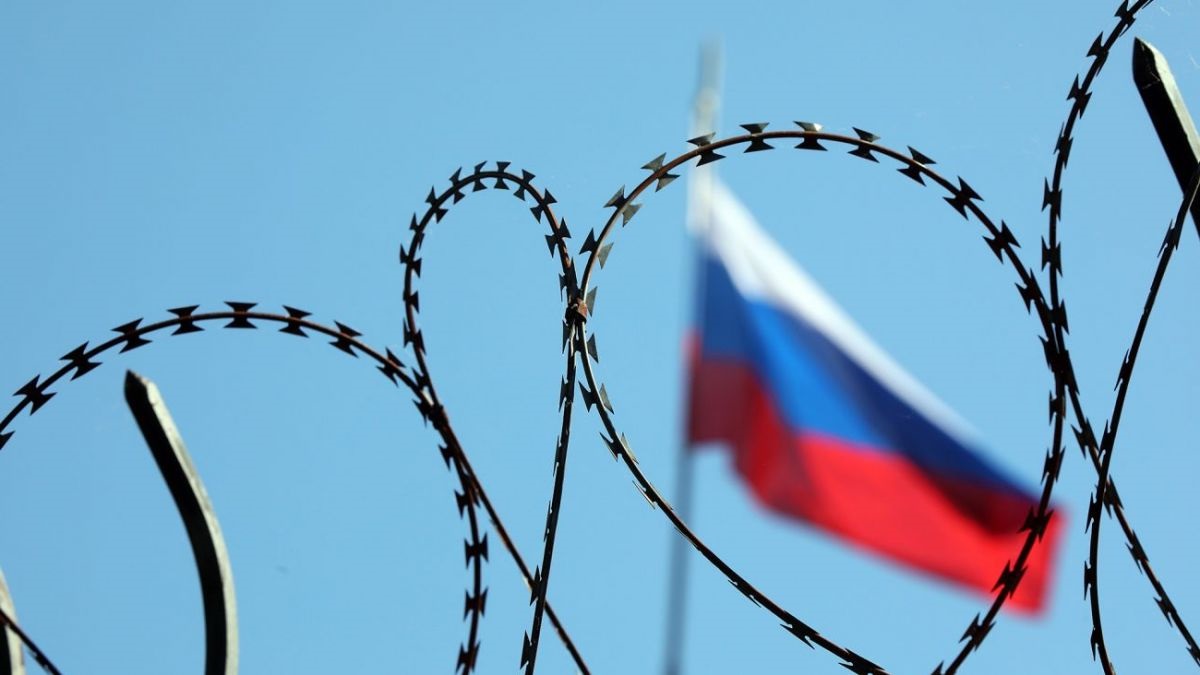
Sanctions have become a cornerstone of international efforts to hold Russia accountable for its geopolitical actions, including the annexation of Crimea and military interventions in Ukraine. While these measures aim to alter Russia’s behavior, their impact extends far beyond policy shifts, influencing global markets, political dynamics, and everyday lives. This article provides an analytical view of sanctions—their effectiveness, consequences, and strategic implications.
Why Sanctions? The Rationale Behind Economic Pressure
Sanctions are intended to apply economic and political pressure on the Russian government, targeting key sectors such as:
-
Energy: Restricting access to advanced technologies for oil and gas exploration.
-
Finance: Limiting Russian banks’ access to global financial systems.
-
Defense: Cutting off military technology exports.
The overarching goal is to weaken Russia’s ability to fund and sustain activities deemed aggressive or destabilizing, while signaling global disapproval of its actions.
The Economic Fallout
-
Impact on Key Industries
-
Energy Sector: Sanctions have hindered technological advancements in oil and gas, slowing the development of Arctic and shale projects.
-
Banking System: Restricted access to international markets has limited foreign investments and increased reliance on domestic capital.
-
-
Currency and Inflation
-
The ruble’s devaluation and rising inflation have eroded the purchasing power of Russian citizens, increasing economic hardships.
-
-
Import Substitution:
-
Efforts to replace imported goods with domestic alternatives have yielded mixed results, with some industries struggling to meet quality and quantity demands.
-
For a more comprehensive breakdown of the economic impacts, explore this detailed analysis on Sanctions.
Political Ramifications
-
Domestic Narrative
-
The Kremlin uses sanctions as a rallying point, portraying them as Western aggression against Russian sovereignty.
-
This narrative bolsters nationalism and consolidates support for the government, despite economic difficulties.
-
-
Shifts in Alliances
-
Sanctions have pushed Russia closer to non-Western nations, particularly China, creating new but often imbalanced partnerships.
-
Sanctions on Russia also reverberate globally:
-
Energy Markets: European dependency on Russian gas has sparked energy crises and accelerated renewable energy initiatives.
-
Global Trade: Disruptions in agricultural exports have contributed to food insecurity in developing nations.
Effectiveness and Limitations
While sanctions have imposed significant costs on Russia, their ability to drive behavioral change remains debated. Challenges include:
-
Resilience: Russia’s ability to adapt through alternative alliances and domestic policies.
-
Unintended Consequences: Economic hardships often disproportionately affect ordinary citizens rather than political elites.
Sanctions against Russia serve as a complex tool of diplomacy, balancing economic impact with political objectives. While their effectiveness in altering state behavior is mixed, they underscore the interconnectedness of global politics and economics. For further insights into how sanctions shape international relations, visit this resource on Sanctions.